Sustainable textile designer Neha Rao
Neha, a sustainable textile designer who is currently based in Mumbai, found out about the UnSchool from one of our other alumni, Priyam, who came to the Berlin fellowship and then went on to become our host on the Mumbai fellowship.
All of our alumni are eligible to host or volunteer on other programs. Sometimes they do so because they want to know “how the magic is made”, while other times it’s because they want to share the incredible experience with others, such as when our alumni become hosts and invite us to their city (as was the case with alumnus Lymun in our upcoming Kuching Fellowship!). And, as part of our new certification system, co-hosting is part of the learning experience.
When Neha found out about our Cape Town fellowship, she arranged to crowdfund her way from Mumbai in order to participate in the exciting program. Her campaign successfully supported more than half her costs, and she was able to join the incredible cohort. Already deeply interested and involved in sustainability projects, Neha was an insightful and valuable contribution to the group, and later she was also featured on one of the UnSchool sessions of the DIF.
We caught up with her last month to find out more about her new projects and how the UnSchool has helped her activate her changemaking abilities.
Please give us an introduction to yourself and your work:
I am Neha Rao, a sustainable textile designer, currently based in Mumbai. I currently work with Bombay Hemp Company, India's premier industrial hemp and cannabis organization that provides hemp-based products through sustainable agriculture and artisan empowerment. I am in charge of the fabric department called Hemp Fabric Lab.
Soot print on reused silk
Image: Neha Rao
Model: Simoul Alva
My experience in the fashion industry changed my perspective. This firsthand experience in this highly-polluting industry made me more passionate about becoming an active change agent. I researched more about sustainability, particularly the materials and the impact of textile techniques on the environment, as well as the social and cultural impacts, including the effect on human behavior. The basic goal of this exploration was to bring a concrete shift in perspective. The creative outcome of this research was the project 'SOOT'.
Gradations
Image: Neha Rao
What motivates you to do the work that you do?
As a textile designer, my goal was to put the brakes on disposable and environment-degrading fashion. A majority of the printing and dyeing on the garments we so frequently wear and dispose of is achieved through toxic chemical dyes that pollute our waterways. Driven by the desire to find an alternative to noxious chemicals and fast fashion, I converted soot, a common air pollutant, into a non-toxic printing dye for garments.
Soot printed upholstery
Image: Kartik Krishna
Furniture design in collaboration with Aaditya Chilpulkar
How did you find out about the UnSchool, and what motivated you to come?
I found about UnSchool via a close friend Priyam Vadaliya, who has been an integral part of the USschool fellowship previously. Since then I have followed UnSchool closely. I was at a juncture in life where I felt I needed help with career expansion and exercise design thinking principles, and I wanted to get a fresh perspective and collaborate on new projects.
What was your experience at the UnSchool like?
The UnSchool fellowship helped me immensely, as it is a platform where people from different fields participate. It made the knowledge sharing experience so rich and varied. The insights and experiences gained during this program improved my capability of problem-solving and helped me to achieve my goal of being a sustainable changemaker. During the program, there was sharing and exchanging of varied ideas. Everyone in this network was so passionate about the work they do and eager to learn. I did feel it was an intense 7 days, after which there was a sense of achievement. I was like a sponge absorbing information and ideas as much as I could.
The Cape Town Fellowship Cohort and Team
What was the main take away you had from coming to the UnSchool?
Changemakers from different walks of life have really inspired me in multiple ways. I felt nothing is impossible. I can make a difference in my own way and that one should not be restricted by an idea but should explore methods to expand the application.
Tell us more about your initiative(s), and how is it all going?
I am the first and only textile designer in India working on converting industrial pollutant waste by-product into a value-added resource with principles of sustainability & circular economy via fabric & paper printing applications, currently developing intelligent apparel with Graphitic advance material. In this one year, I was fortunate to get commissioned work from different artists and designers. From fabrics to now paper, I am able to expand my technique. I feel I have more clarity as to how I wish to sustain this project.
My job at Bombay Hemp Company is to enable the makers and creators to adopt this sustainable material — hemp. I have been able to apply my learnings to research, marketing, product development, sales, education, etc.; in short, my role is multifaceted. My current project at HFL is to train the handloom weavers in the Northern part of India to achieve a lighter weight of hemp handloom fabrics and also includes exploring sustainable practices and processes, achieving unique blends. Hemp Handloom is an under-explored market at the moment and I’m hoping that this step goes a long way to improve sustainable practices.
“I felt nothing is impossible. I can make a difference in my own way and that one should not be restricted by an idea but should explore methods to expand the application.”
How did the UnSchool help you start/evolve it?
After UnSchool, the Disruptive Design Methods have become ingrained in my design processes. I feel my methodology and approach to problem-solving irrespective of the magnitude of the problem has developed towards a more holistic approach.
How have you amplified this change you do in the world?
I am a member of a zero waste group. This group is a constant source of inspiration where we share and exchange ideas to inculcate and promote a zero-waste lifestyle. Although, I would say I haven't reached the ideal zero-waste lifestyle. I am trying to make those small switches in my lifestyle. One of my peers made a very strong case that in order to make these changes one has to start with what is the most difficult and sensitive area and slowly work towards the ultimate goal. The concept of zero waste resonates with my earlier project on Soot. This past year has been life-changing. Post UnSchool, I have been more involved with sharing my knowledge with individuals at school, colleges, and at the peer group level.
How can people engage with, support, or follow your work?
Please feel free to reach out to me on the following platform:
LinkedIn: https://www.linkedin.com/in/neharao5
Instagram: https://www.instagram.com/sootbyneharao/
